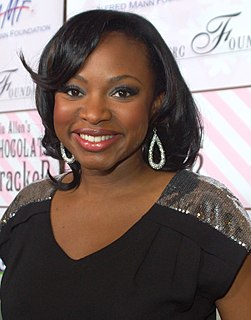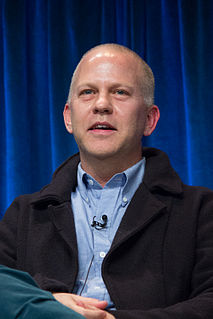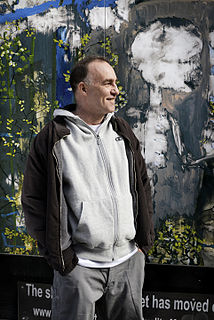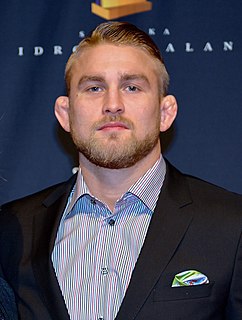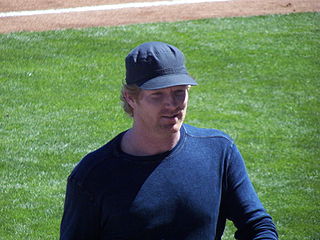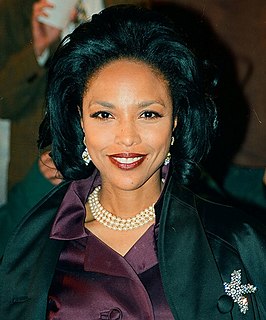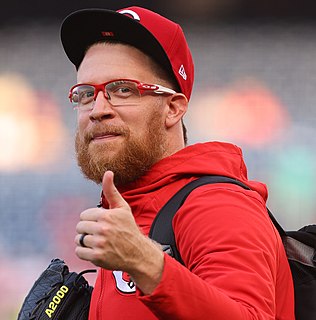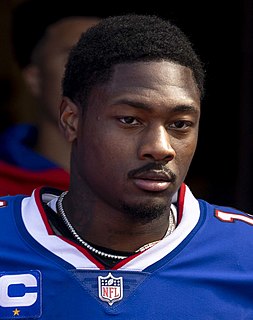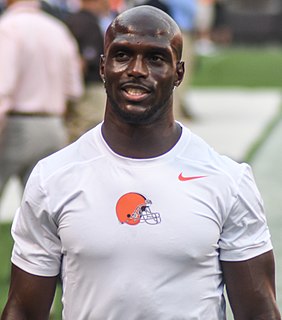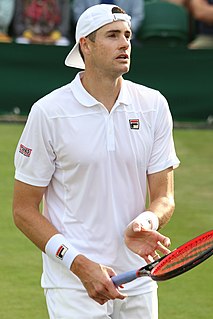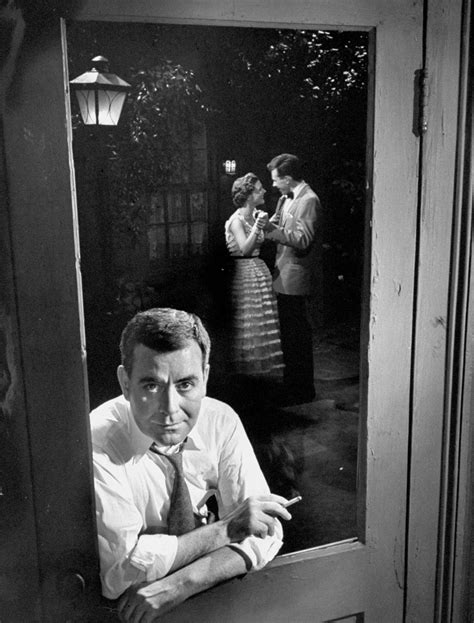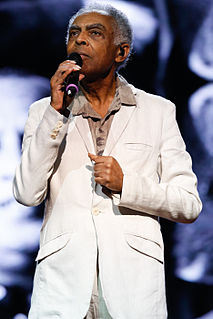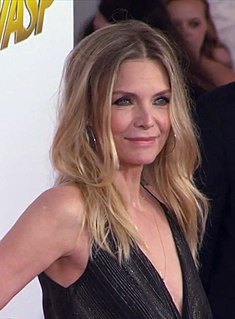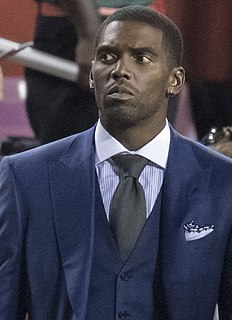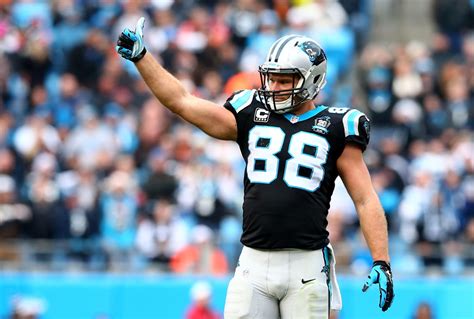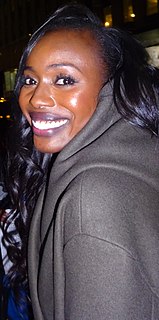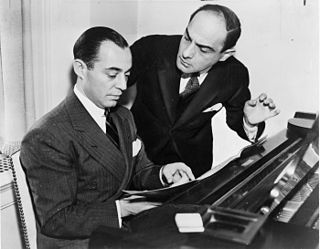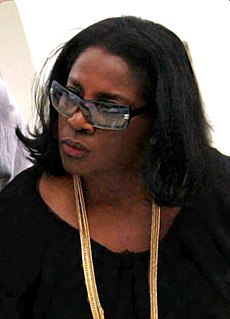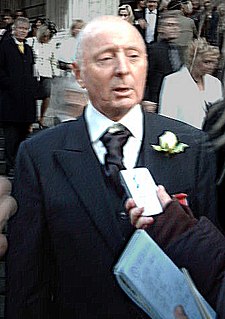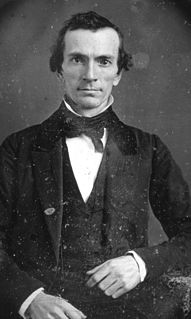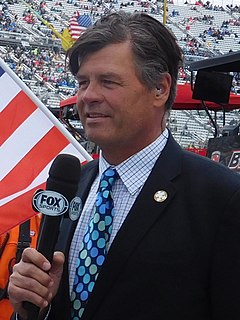Top 989 Sammy Davis Jr Quotes & Sayings - Page 15
Explore popular Sammy Davis Jr quotes.
Last updated on November 15, 2024.
Most people would say "Ah, Mahatma Gandhi, what a wonderful man, Mother Teresa, maybe Martin Luther King Jr., Nelson Mandela, Dalai Lama." And when you look at those people it's not the macho, aggressive, successful people, we may envy them, their bank balances and kind of thing, yes and for being successful. But we do not revere them.
Strifes will arise through the period. Watch for them near the Davis Strait in the attempts there for the keeping of the life line to land open. Watch for them in Libya and in Egypt, in Ankara and in Syria, through the straits about those areas above Australia, in the Indian Ocean and the Persian Gulf.
Now, I say to you today my friends, even though we face the difficulties of today and tomorrow, I still have a dream. It is a dream deeply rooted in the American dream. I have a dream that one day this nation will rise up and live out the true meaning of its creed: we hold these truths to be self-evident, that all men are created equal. Martin Luther King Jr Quotes.
I got a chance to work with Miles Davis, and that changed everything for me, 'cause Miles really encouraged all his musicians to reach beyond what they know, go into unknown territory and explore. It's made a difference to me and the decisions that I've made over the years about how to approach a project in this music.
I think we have to face right in the center of the hurricane, if you will, Martin Luther King, Jr.'s foibles and faults. I think that we do no good to ourselves and do no honor to him by pretending that he did not fail, that he did not wrestle greatly and, at times, surrender to his own sins and his own faults and failures.
For a long time, way back in the ’30s and ’40s, there were fabulous female roles. Bette Davis and all those people had incredible, great roles. After World War II, something happened where it was not only "get out of the factories," but "get out of the movies." That's when women's roles started to really [change].
The next film I have is called Miles Ahead, which is about Miles Davis, during a five-year period in his life during which he's struggling to figure out which direction to go musically and in his life. I play a record executive who's there to try to get Miles to collaborate with one of my clients. I'm excited to see that.
When you're in the backyard as a kid playing and falling in love with the game and you crush the ball? You do a celebration. You stand and watch it like Ken Griffey Jr. You put your hands in the air like Manny Ramirez. You don't hit the ball and put your head down and run as fast you can. That's not fun. It's okay to embrace that part of a game.
We have come a long way in America because of Martin Luther King, Jr. He led a disciplined, nonviolent revolution under the rule of law, a revolution of values, a revolution of ideas. We've come a long way, but we still have a distance to go before all of our citizens embrace the idea of a truly interracial democracy, what I like to call the Beloved Community, a nation at peace with itself.
I look at people like Picasso and Da Vinci and Escher and Miles Davis, and they'll write or paint that one definitive masterpiece of maybe 50 that they have that's really trying to go outside the box, trying to do something that's tough. And then when you accomplish it, you look back and go, 'Yeeaaaah - masterpiece.'
Cincinnati like so many other cities, we know that so many of our schools, when it comes to public schools, are still de facto segregated racially. It has to do with residential segregation. It has to do with James Crow, Jr., which is at work, de facto rather than legally so that some of the integration is taking place among more and more well-to-do.
Take myself as a good-will ambassador. I'm great - I'm taking myself as a character - for the intellectuals and the man on the street. I'm great where Douglas Fairbanks, Jr. leaves off. I'm
not so good with high society, in either North or South America, because I'm highly unconventional. Perhaps I bewilder people by being at once the esthete, the intellectual and the
vulgarian.
[Barack] Obama isn't pointing to anyone, and certainly doesn't like it when others note (correctly) that his influences were the likes of Saul Alinsky, the Chicagoan and modern founder of community organizing, or Frank Marshall Davis, the communist journalist and agitator from Chicago who mentored Obama in Hawaii in the latter 1970s, and who Obama warmly acknowledges in his memoirs.
We talk a lot about Malcom X and Martin Luther King JR, but it's time to be like them, as strong as them. They were mortal men like us and everyone of us can be like them. I don't want to be a role model. I just want to be someone who says, this is who I am, this is what I do. I say what's on my mind.
I think all of us thought that by the '70s, at the latest the '80s, all the world's problems would be solved and everyone would be getting along fine. And instead we saw that Martin Luther King Jr. was assassinated that year, Robert F. Kennedy died. We saw that it was going to be a lot more difficult than I think we had thought.
I think for guys - you're going to have some people that are willing to be on the front line. You think of guys like Malcolm Jenkins, Demario Davis - guys that are willing to speak up and say, 'Hey, there's a problem, and I want to help change, and I want to be a vessel to keep this thing moving and see change.'
Prince, you never knew what to expect from him from one album to the next. Miles Davis was like that. You know, once you get used to one style, boom, he switched it and, you know, switched gears on you. So those artists are very exciting to me, very exciting to follow their path, you know, and their journey.
Beginning in the sixties, but getting strong during the seventies and eighties, everybody was sort of Miles Davis and Chick Corea and the jazz guys on the west coast and east coast in America, and then in Switzerland and lots of groups in England and elsewhere, like here in Brazil. We were all under a heavy influence of technological gadgets and changes that we used as elements to produce and create music.
I used to stay up very late at night, much later than I probably should have for such a youngster, and I used to watch very old black-and-white movies with, you know, Bette Davis and Joan Crawford, but I remember watching them thinking 'I could do that'... Even though I wasn't inclined at all to actually become an actress. I mean, that wasn't something that was... in the stars for me, no pun intended.
I am more into the old school guy than I am with the new school guys. I came in young and I had to pay my dues to be considered a vet. To be able to play for over 10 years at wide receiver, that's why I like looking at the older guys like Larry Fitzgerald, Teddy Ginn Jr., Brian Hartline. That's what I'm about.
I had the opportunity to go up to New York and be on the 'Inside Amy Schumer' show with Michael Strahan and Vernon Davis and those guys. That was an opportunity that presented itself, and it was something different and fun. I had a great time. Those guys are really good dudes, and she's obviously incredibly talented.
All talks about legacies of white supremacy must be tied to empowering the lives of poor and working people as a whole. The black agenda - from Frederick Douglas to A. Philip Randolph, Martin Luther King Jr, Fannie Lou Hammer to Ella Baker - has always been tied to race talk inseparable from expanding possibilities of democracy, expanding empowerment of everyday people.
Often, we feel that we need a leader outside of ourselves -a Buddha, a Gandhi, or a Martin Luther King, Jr.- to show the way. But we have the Buddha inside of us. We have Gandhi and King inside of us as well. We are interconnected. We don't need to wait for some other person to be the change we want to see in the world
I have written 5 books that address major figures in our culture: books on Malcolm X, Martin Luther King Jr., Tupac Shakur, Marvin Gaye and Bill Cosby. But even in the books that take up major figures, I hope to provoke conversation, insight and understanding about these personalities by providing new, fresh and vital information and analysis about them.
I'm a great believer in conversational rhythm. I think in terms of rhythmic dialogue. It's so easy, you can talk naturally. It's like peas rolling off a knife. Take the great screen actors and actresses, Bette Davis, Eddie Robinson, Jimmy Cagney, Spencer Tracy. They all talk in rhythm. And rhythm and movement are the life of the screen.
John Lewis has great history as a civil rights fighter.As a young man, he was one of the guys out there who was leading the parades during the [Martin Luther] King [Jr.] era. So, we all respect his history. But then I hear him crying the blues about Mr. [Donald] Trump and saying he's an illegitimate president, I take offense to that. If it's illegitimate, why is he going on?
Essentially, I'm a very real person; good and bad. And the public image is one of being very good, I suppose. But one of the reasons I'm attracted to people like Martin Luther King, Jr., Gandhi, Christ, to pacifism, is because naturally, I'm the guy that would not turn the other cheek - but, when people see you're attracted to that, they think you are that.
Woodie King Jr., in 1970, had started a company called the New Federal Theatre, which was ensconced at the Henry Street Settlement. I did a number of plays there, and I auditioned each time. The plays were mostly new. New York was very fertile ground; there was a plethora of African-American plays being done.
I usually get involved in the interviews about the animators and the filmmaking in general, because I had a chance. I got to know, not only Marc Davis, but Frank Thomas, Artie Johnson, Ward Kimball, all these great animators, and just ask them all these questions about how they did certain things, what their trials and errors were, the ups and downs.
But all was not sunshine and Marvin Gaye songs. [UCLA] also recruited black students as part of a High Potential Program that was meant to bring diversity to the campus. Two of the students that were part of that program were Alprentice "Bunchy" Carter and John Huggins, Jr., both members of the Black Panther Party's Southern California Chapter.
I, with millions of other Americans, have the same dream Martin Luther King Jr. had; when I wake up I wish some of the things I dreamt would be true. I wish that little black and white boys and girls would hold hands without being shocked at their nearness to each other and say in a natural way, "we have overcome.
In its essence, Martin Luther King Jr.'s ‘I Have a Dream' speech is one citizen's soul-searing plea with his countrymen––Whites and Blacks––to recognize that racial disparities fueled by unwarranted bigotry were crippling America's ability to shine as a true beacon of democracy in a world filled with people groping their way through suffocating shadows of political turmoil, economic oppression, military mayhem, starvation, and disease.
I'm very sorry to Mr. Gabas, to whom I apologised in person. Very sorry for letting my Davis Cup teammates down and for letting my country down. I apologise to all the tennis fans, to my supporters, and my sponsors. I feel ashamed of my unprofessional behaviour and will accept any consequences as a result of my action.
We [Americans] know Martin Luther King Jr. as a statue. We know him as a holiday. We know him as a speech. We don't know him as a man. Most people don't even know the whole speech, just "I have a dream." They don't know what his speaking voice was like, how he looked at his wife, or that he had four kids.
When Joseph Smith, Jr. was there we had some conversation in which in every instance I did not fail to affirm that what I had said was strictly true. A dirty, nasty, filthy affair of his and Fanny Alger's was talked over in which I strictly declared that I had never deviated from the truth in the matter, and as I supposed was admitted by himself.
And Dale Jr., Dale's son, and Dale and I all raced to the checkered - were racing toward the checkered, which would have been the greatest race in NASCAR history, I'm convinced of it, had we have made it that last quarter of a mile. But instead it became the worst race in NASCAR history when Dale crashed and died on turn four.
The horrible thing about Death of princess Diana - the sacrificial lamb, which she was. And I believe, in a sense, John Kennedy, Jr. was the same thing. These are people that we loved so much that we drove them berserk with all the attention and they basically didn't have any particular stellar talents. They were just in some kind of a position somewhere where we fixed on them and they became, literally, sacrificial lambs

